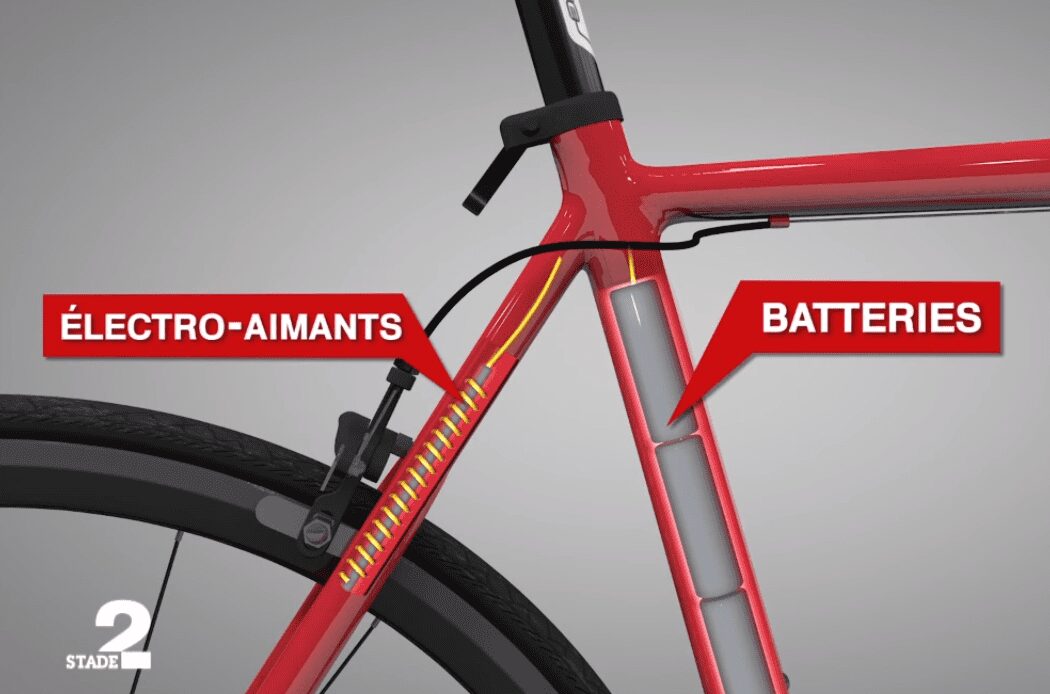The president of the UCI announced that the organization will offer financial rewards to whistleblowers who provide evidence of hidden motor usage in the Tour de France and other prominent races.
David Lappartient stated that the international cycling body is determined to root out cheats who use technological fraud. “We will pay if there’s a case,” Lappartient told the Guardian. “This shows how seriously we take this issue.”
Despite ongoing discussions, there has been little concrete evidence of technological fraud.
One of the earliest and most well-known cases dates back to the 2010 Tour of Flanders, where Fabian Cancellara faced accusations of using an electric motor during an unconventional seated attack.
The issue resurfaced in the 2014 Vuelta a España when Ryder Hesjedal was accused of mechanical doping after a crash on Stage 7, with video footage showing his bicycle’s rear wheel spinning on the ground. Hesjedal vehemently denied the allegations, calling them impossible.
Under pressure from the public, the UCI began testing for motors and conducted thorough inspections of bicycles, including those of Hesjedal’s team. Despite these efforts, no motors were discovered. Regular inspections at major races like Paris–Nice and the Giro d’Italia commenced in 2015.
In 2016, the French TV show Stade 2 reported that mechanical doping might be more prevalent than previously thought, using a thermal camera to capture suspicious heat signatures at races like Strade Bianche and the Coppi e Bartali. Italian newspaper Corriere della Sera documented seven potential instances of motor use.
Lance Armstrong was also the subject of motor doping speculation, with observers pointing to his actions during races. Armstrong denied these claims, attributing his behavior to adjusting his shorts for comfort.
In September 2023, former pro Jérôme Pineau accused Sepp Kuss of mechanical doping during the Vuelta a España. Kuss denied any involvement in doping, emphasizing his commitment to fair competition.
During the 2016 cyclocross world championships, Belgian cyclist Femke Van den Driessche was caught with a motor in her bike. She claimed the bike belonged to a friend and was mistakenly placed among her equipment.
Lappartient emphasized to the podcast Ghost in the Machine: “The worst scenario for the UCI would be ignoring a case of technological fraud if we are informed. It would not only tarnish cycling but also undermine the institution…
Click Here to Read the Full Original Article at Canadian Cycling Magazine…

